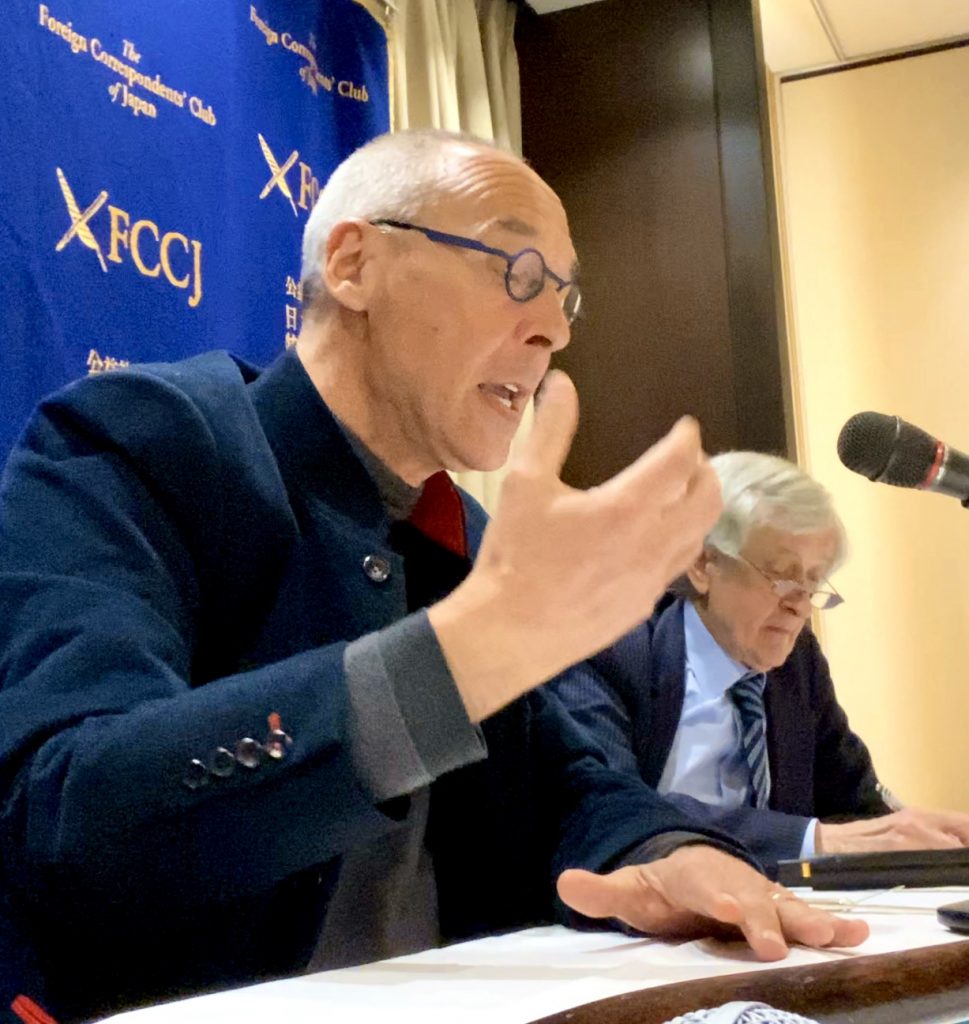
- ARAB NEWS
- 24 Apr 2024

TOKYO: In a widely expected move, Japan's Prime Minister Shinzo Abe on Tuesday evening confirmed his decision to impose a state of emergency that is designed to enable the world's third biggest economy to cope with the health, social and economic impacts of the coronavirus or COVID 19 crisis.
The announcement made at the Japanese leader's official residence came as the rate of new infections and coronavirus-related deaths in Europe showed some signs of easing and at a time when China's economy appears to be turning the corner toward recovery.
Abe's move was nevertheless expected to meet with widespread support given a recent sharp acceleration in the number of new coronavirus cases in Japan itself. It drew praise, for example, from veteran Japan economic and financial analyst Jesper Koll.
"In Japan (the government) has done an excellent job in balancing the lives versus livelihood trade off in dealing with the deadly pandemic,” Koll told PanOrient News as Abe made his announcement.
"In both, China and Europe, the state of emergency and shut-downs were forced upon the people and the economy before any economic countermeasures were even planned," noted Koll who acts as senior advisor to investment group Wisdom Tree, Japan.
By contrast, he said, "Abe is declaring an emergency only after fiscal economic counter measures have been agreed and passed in parliament. Europe is emotional and panicked while Japan is rational and pragmatic."
On Monday, Abe announced his intention to enact a fiscal stimulus package worth 108 trillion yen equal to almost 20 per cent of Japan's annual gross domestic product or GDP. The move was approved by his cabinet on Tuesday.
"This is almost double the 60 trillion yen recommended last week by his (advisors) and confirms (Abe's) commitment to preventing an inevitable economic recession from becoming a depression," said Koll.
Jeffrey Halley, Senior Market Analyst, Asia Pacific, at an online foreign exchange trading firm Oanda described the Abe package as "impressive in size and scale" at $989 billion equivalent.
“It has been well worth the wait," he said in a commentary.
Koll noted meanwhile that "the package is divided into two parts, the first to support income and cash-flow for households and small enterprises; the second to boost demand toward a V-shaped recovery once COVID infection rates come down."
In rolling out the unprecedented economic stimulus package the Abe administration vowed to take "all steps" to battle deepening fallout from the coronavirus, the Japan Times reported Tuesday.
The package "far exceeds one compiled in the wake of the 2009 financial crisis totaling 56 trillion yen in size," the newspaper noted.
It quoted Abe as saying, "we decided to carry out an unprecedentedly massive scale of economic package following the immense damage to the (Japanese) economy from the novel coronavirus."
The package "turned out to be far bigger than the amount anticipated by market players, giving a sense of security for people facing income declines and staying indoors," the Japan Times added.
Among the features of the Abe package were six trillion yen for households directly affected, including 300,000 yen in cash grants plus an additional 10,000 yen for households with children.
Further, it provided 26 trillion yen for companies via a one-year deferral of corporate tax and social security costs. This compares with Japan’s total tax revenues of approximately 62.5 trillion last year.
Payroll support for companies that maintain their payroll.
(PanOrient News)